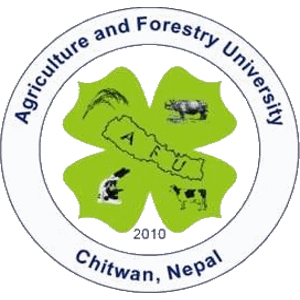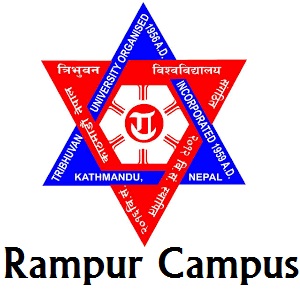Overview
Overviews of BSc Hons in Agriculture at Nepal Polytechnic Institute (NPI), Chitwan, Nepal (affiliated with Purbanchal University)
The BSc Hons in Agriculture program at Nepal Polytechnic Institute (NPI) is a four-year undergraduate program that aims to equip students with knowledge and skills in the field of agriculture. This program is designed to provide students with a solid foundation in all aspects of agriculture, including crop production, soil science, plant breeding and genetics, plant pathology, entomology, and agricultural economics.
Course Outlines:
The BSc Hons in Agriculture program is divided into eight semesters. The program includes both theoretical and practical components, including field visits, internships, and research projects. Some of the key courses covered in the program include plant physiology, soil fertility and plant nutrition, agricultural microbiology, agronomy, and agricultural extension education.
Duration:
The duration of the BSc Hons in Agriculture program is four years.
Objectives:
The main objectives of the BSc Hons in Agriculture program are to:
1. Provide students with a solid foundation in the field of agriculture.
2. Develop students' knowledge and skills in crop production, soil science, plant breeding and genetics, plant pathology, entomology, and agricultural economics.
3. Enable students to identify and solve problems related to agriculture.
4. Prepare students for a career in agriculture.
Eligibility:
To be eligible for the BSc Hons in Agriculture program at Nepal Polytechnic Institute (NPI), applicants must have completed their higher secondary education (10+2) in science with a minimum of 50% aggregate marks.
Learning Outcomes:
Upon completion of the BSc Hons in Agriculture program, students will be able to:
1. Demonstrate an understanding of the principles of crop production, soil science, plant breeding and genetics, plant pathology, entomology, and agricultural economics.
2. Identify and solve problems related to agriculture.
3. Analyze and evaluate agricultural practices and policies.
4. Conduct research and apply research findings to improve agricultural practices.
5. Communicate effectively with farmers, agricultural professionals, and policymakers.
Scope:
The scope of the BSc Hons in Agriculture program is vast, as agriculture is an important sector in Nepal's economy. Graduates of this program can work in various fields, including crop production, soil science, plant breeding and genetics, plant pathology, entomology, agricultural extension, and agricultural economics. Graduates can also work for government agencies, non-governmental organizations, research institutions, and private companies.
Career Prospects:
Graduates of the BSc Hons in Agriculture program can pursue careers in various fields, including:
1. Crop Production
2. Soil Science
3. Plant Breeding and Genetics
4. Plant Pathology
5. Entomology
6. Agricultural Extension
7. Agricultural Economics
8. Research and Development
9. Policy Development
10. Agribusiness
Career Options:
Some of the career options available to graduates of the BSc Hons in Agriculture program include:
1. Agricultural Scientist
2. Soil Scientist
3. Plant Breeder
4. Plant Pathologist
5. Entomologist
6. Extension Officer
7. Agricultural Economist
8. Researcher
9. Policy Analyst
10. Agribusiness Manager
Why Choose this Course:
Students interested in pursuing a career in agriculture should consider the BSc Hons in Agriculture program. This program provides students with a solid foundation in all aspects of agriculture and prepares them for a career in this field. Graduates of this program can pursue various career options and contribute to the development of Nepal's agriculture sector.
Scholarship:
Nepal Polytechnic Institute (NPI) provides scholarships to deserving students based on merit and financial need. Students can apply for scholarships during the admission process.
Contact Nepal Polytechnic Institute (NPI)'s administrative office for detailed information on BSc Hons in Agriculture course, including fees, scholarships, facilities, counseling, eligibility criteria, etc.















